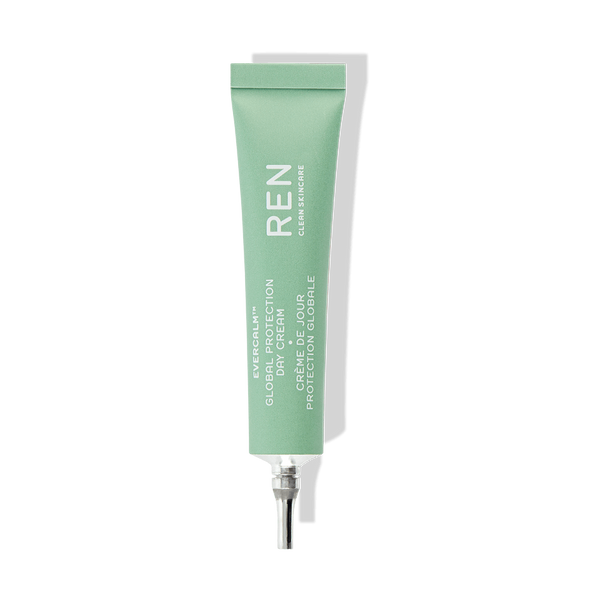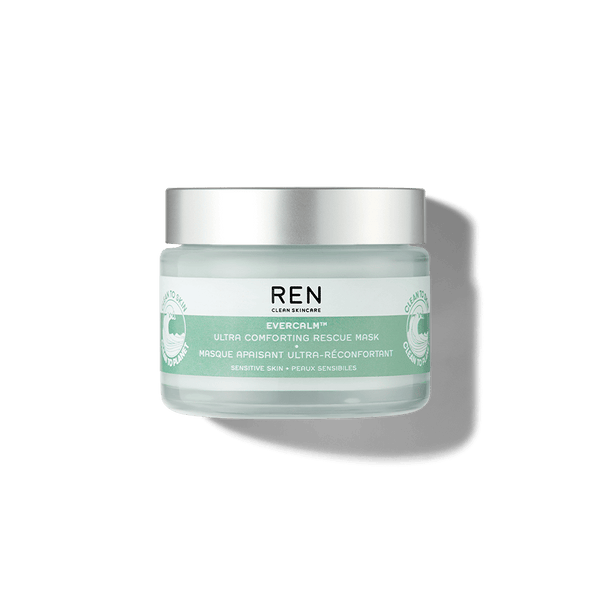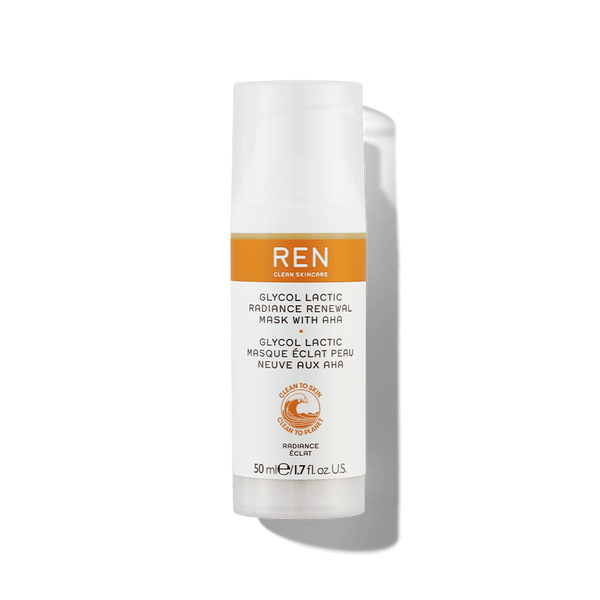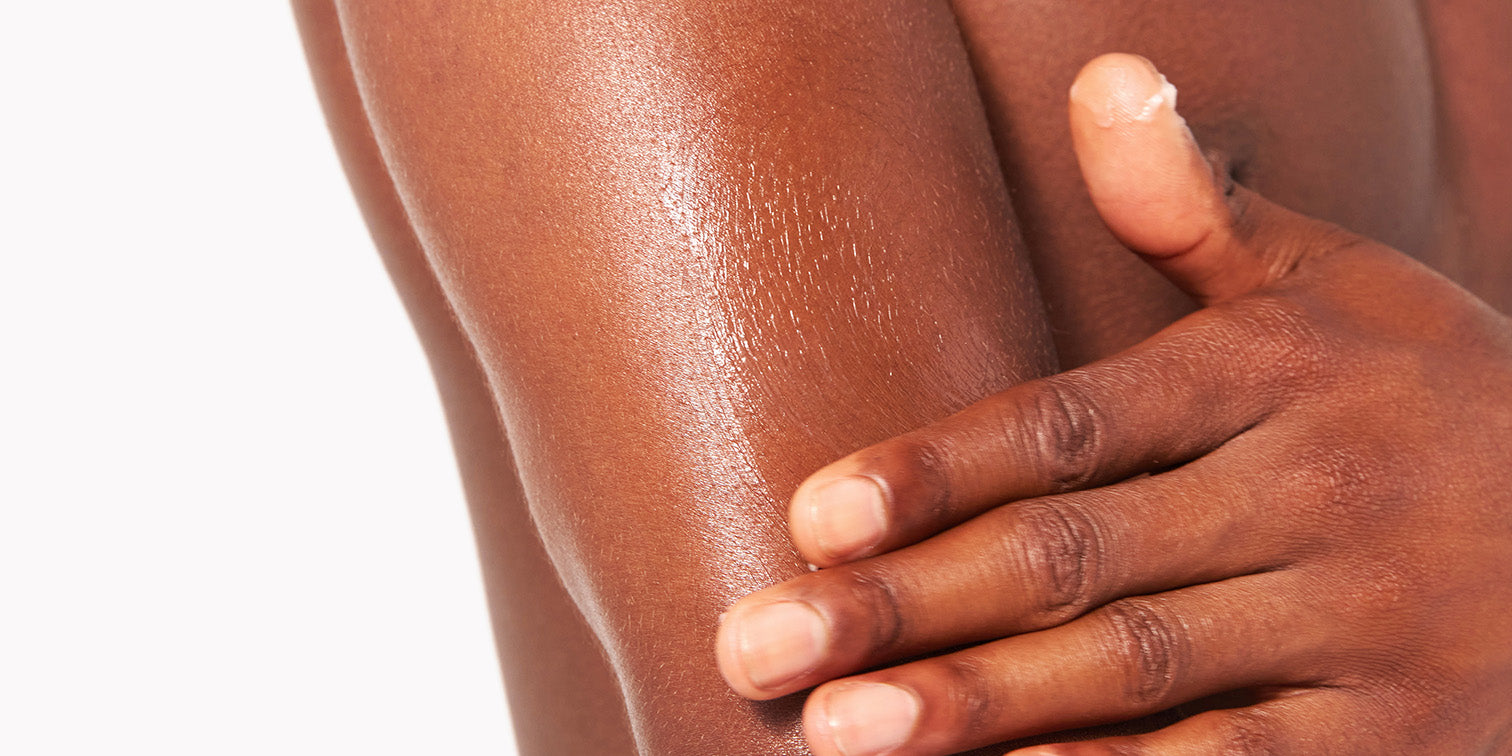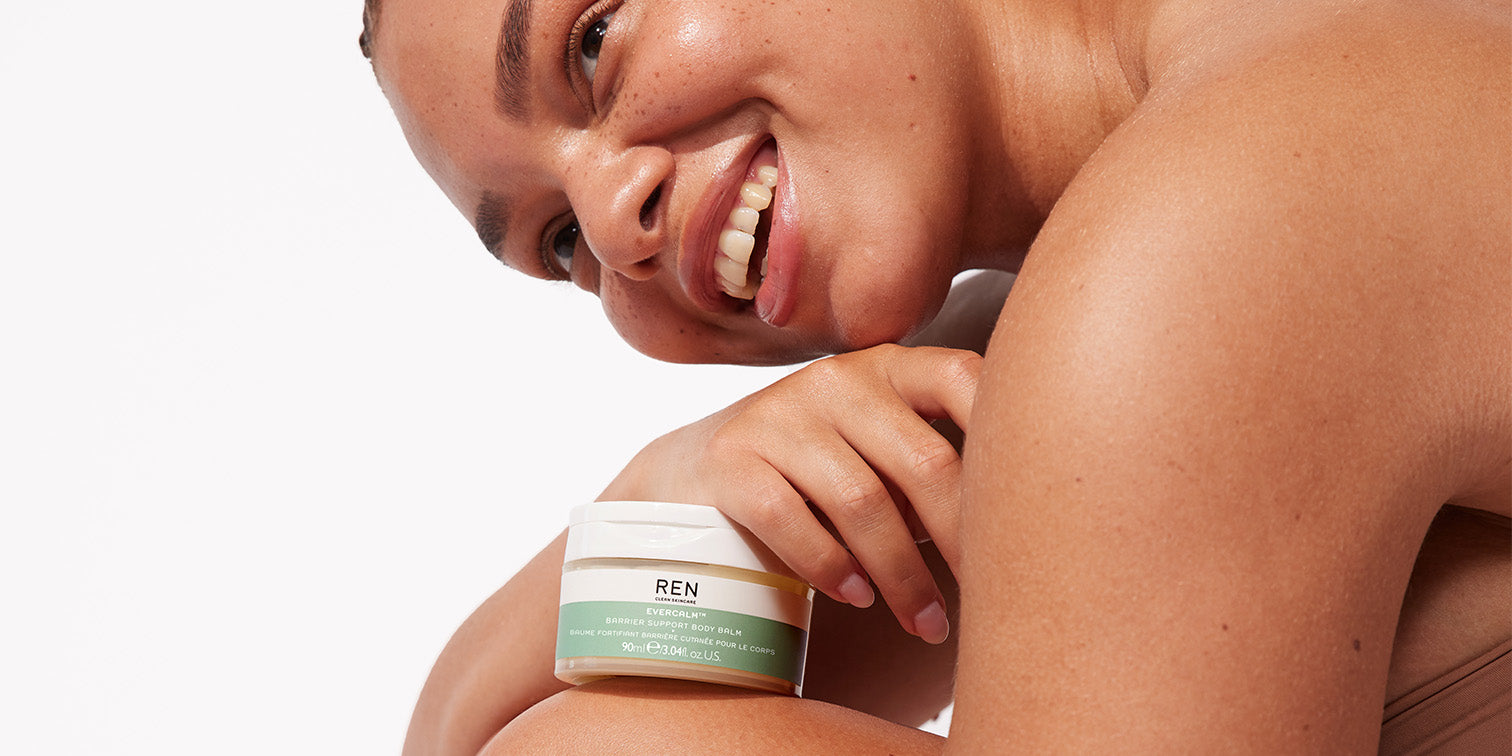Vitamin C Benefits for Skin

Who doesn’t want smooth, radiant, and blemish-free skin that you can confidently flaunt on Instagram? But skin health is about so much more than just defeating blemishes—enter vitamin C, the superhero of skin care. Glowing skin could be exactly what you need to feel more confident. Vitamin C provides myriad cosmetic benefits, which can help you look and feel great. It is also an antioxidant, which protects your skin from premature aging.
Wondering how to add Vitamin C to your skin care routine to help uneven skin tone and skin discoloration? To understand the benefits of vitamin C in skin care, let’s dive into how these complex chemical processes translate into real, noticeable results—without transitioning too much into a high school chemistry lesson (hopefully).
#1 Vitamin C Can Help Create An Even Complexion
Your complexion is the most outwardly visible part of your skin. And while it’s certainly more important to feel good in your body, looking good is a close second. (Don’t worry, it’s not vain to admit it.)
Typically, when skin is especially red or discolored, you may feel the urge to cover it up with heavy make-up and thick concealers. However, this only solves the problem temporarily. By continually layering on cosmetic products, you’ll clog your pores and exacerbate your existing blemishes (or cause new blemishes).
The topical application of vitamin C can help calm redness, which helps give you an effortlessly even skin tone. It can also help with hyperpigmentation, which is the medical term for “dark spots.” So how does hyperpigmentation manifest in real life?
Sunspots (or age spots) – These are flat patches of the skin that become darker due to consistent sun exposure. They can occur suddenly or slowly over time, but usually show up as you age.
Melasma – Unfair as it may be, melasma is significantly more common in women than men. It appears as dark, discolored patches of skin, typically symmetrical across both sides of the face or on the neck and forearms.
Blemish marks – As a pimple fades, a dark spot may appear in its place. This occurs more regularly in people with darker skin tones but is not exclusive to any skin color.
Hyperpigmentation is not intrinsically dangerous, but the noticeably darker spots might make you self-conscious or uncomfortable. Rather than hiding them under layer after layer of make-up, you can use vitamin C to naturally reverse some of these effects.
Bonus: It Benefits All Skin Types and Ages
Vitamin C is especially helpful for preventing and improving the appearance of certain marks and wounds. Some skincare products are exclusive to specific skin types—dry, oily, ultra-sensitive, and so on. Vitamin C is different because of its exceptional safety profile. Most people who use products with vitamin C will have no problems or side effects, making it a versatile option you can confidently share with all your gal pals.
#3 Prevents Sun Damage
Sometimes, even when you think you’re taking all the necessary precautions at the beach or out and about, you may still come home with a sunburn. It seems to be the cost of enjoying a beautiful day outside.
But don’t let your skin pay the price for it.
How Does It Work?
To be clear, topical vitamin C creams are not the same as sunscreen, nor are they a suitable substitution. The mechanisms by which they operate are entirely different. Ultraviolet sun damage is caused partly by free radicals—no, not the long-haired peace-and-love hippies from the 70s, so wearing sunscreen daily can protect you from sun damage.
To understand these free radicals, let’s break down their main attributes and impacts on the body:
Free radicals have incomplete valence shells – Free radicals are essentially atoms that are missing an electron in their valence (or outer) shell. Think of free radicals as little mice in your kitchen with empty stomachs.
Free radicals bond easily – Atoms with incomplete valence shells are intrinsically unstable substances. Free radicals will hastily react to and bond with other compounds, the same way hungry mice are always looking for scraps and crumbs left on your floor.
Free radicals steal from others – Free radicals will take electrons from other atoms to fill their valence shells. Similarly, mice will steal what they can find to feed themselves.
Free radicals harm you – When free radicals take an electron from human cells, they can cause significant skin damage to the skin. Here’s where the metaphor falls off, because mice are more adorable than they are harmful, but let’s say they chewed a hole in your favorite couch or leather shoes (for argument’s sake).
In this case, vitamin C acts as a mousetrap.
Vitamin C is an antioxidant. Somewhat of a buzzword in the health and lifestyle industry, antioxidants have one simple function: they either slow or prevent cell damage. They protect your skin cells by lending an extra valence electron to the free radicals.
Applying a topical vitamin C serum or cream puts an extra layer of protection between the free radicals and your skin, just like a mousetrap places a barrier between the mice and your home.
#4 Counteracts The Effects of Aging
We all get old eventually, and that’s okay (no, seriously, it is). But that doesn't mean you have to advertise this fact to the world, especially when you can use topical vitamin C to help with some of the more noticeable side effects.
How Does It Work?
A few key processes are happening in the body as we get older. Vitamin C plays a role in counteracting each of them:
Decline in vitamin C content – Just as the body’s collagen production slows, so does vitamin C production. By using it topically, you can replenish some of what you’ve lost.
Damage from oxidative stress – The continuous sequence of reactions between free radicals and our cells causes them to break apart and incur significant damage. When you’re young and healthy, your body does a fine job of fighting off oxidative stress. As you age, it becomes harder to effectively take on free radicals—not unlike those flag-waving hippies, actually. Again, vitamin C makes it easier by functioning as a shield.
Bonus: It Doesn’t Take Much To See Results
When people say that you can, in fact, have too much of a good thing, they’re not just talking about chocolate cake and ice cream—it applies equally to vitamin C.
Once you’ve saturated your skin with enough vitamin C, there’s no real benefit in continuing to apply more. In a study on the vitamin C benefits for skin, data showed maximum absorption occurs at a lower percentage than many products use. Anything above this point resulted in lower absorption rates.
Additional studies showed improvements in the appearance of wrinkles and furrows when using low percentages of topical vitamin C.
With vitamin C and chocolate cake alike, more isn’t always better.
Reap The Benefits Directly
It’s important to have enough vitamin C in your everyday diet, but who can really say where this vitamin C is going or how the body is using it? Is any of it actually making it to your skin?
Ensure this super skincare ingredient gets where it needs to go by applying topical creams, lotions, and serums with vitamin C and other natural ingredients.
Feel the difference by incorporating vitamin C into your daily skincare routine with REN Clean Skincare’s full line of Vitamin C Skincare products. For a dose of vitamin C in your skincare rituals, take a look at our Glow Daily Vitamin C Gel Cream Moisturizer, as well as other rinses and serums.
With vitamin C as your new go-to, your Instagram comments might just blow up with people asking for your magic formula. Go on, let them in on the secret.
Sources:
- Healthline. Melasma. https://www.healthline.com/health/melasma
- Healthline. 5 Types of Acne Scars and How to Treat Them. https://www.healthline.com/health/skin-disorders/types-of-acne-scars#types-of-scars
- Healthline. 11 Reasons to Add Vitamin C Serum to Your Skin Care Routine. https://www.healthline.com/health/beauty-skin-care/vitamin-c-serum-benefits
- Medical News Today. How do free radicals affect the body? https://www.medicalnewstoday.com/articles/318652
- The Journal of Clinical and Aesthetic Dermatology. Topical Vitamin C and the Skin: Mechanisms of Action and Clinical Applications. https://www.ncbi.nlm.nih.gov/pmc/articles/PMC5605218/
- Oregon State University. Vitamin C and Skin Health. https://lpi.oregonstate.edu/mic/health-disease/skin-health/vitamin-C
- Science Direct. Collagen Synthesis - An Overview. https://www.sciencedirect.com/topics/engineering/collagen-synthesis
- Harvard Health. Understanding Antioxidants. https://www.health.harvard.edu/staying-healthy/understanding-antioxidants
About the Author
Camille Poggi is a doctor in Pharmacy (PharmD.) and is passionate about skincare and how the skin works in general. She specializes in the cosmetic industry and worked for renowned companies in France like L’Oréal and Chanel before moving to London. After being a training manager for 4 years, Camille is at ease with explaining how products work in the skin and how to adapt her speech according to the audience.
She joined REN in January 2020 as International Training Manager and moved to the Research & Development team earlier this year to be the new Scientific Education Manager. A tailored-made role where she assesses and leads all technical communication and ensures scientific compliance is always met. She’s also involved in new product development from the earliest stages. Finding a way to create sustainable skincare products and making sure the message is properly delivered and understood is definitely a big challenge but also her favorite part working for REN.


